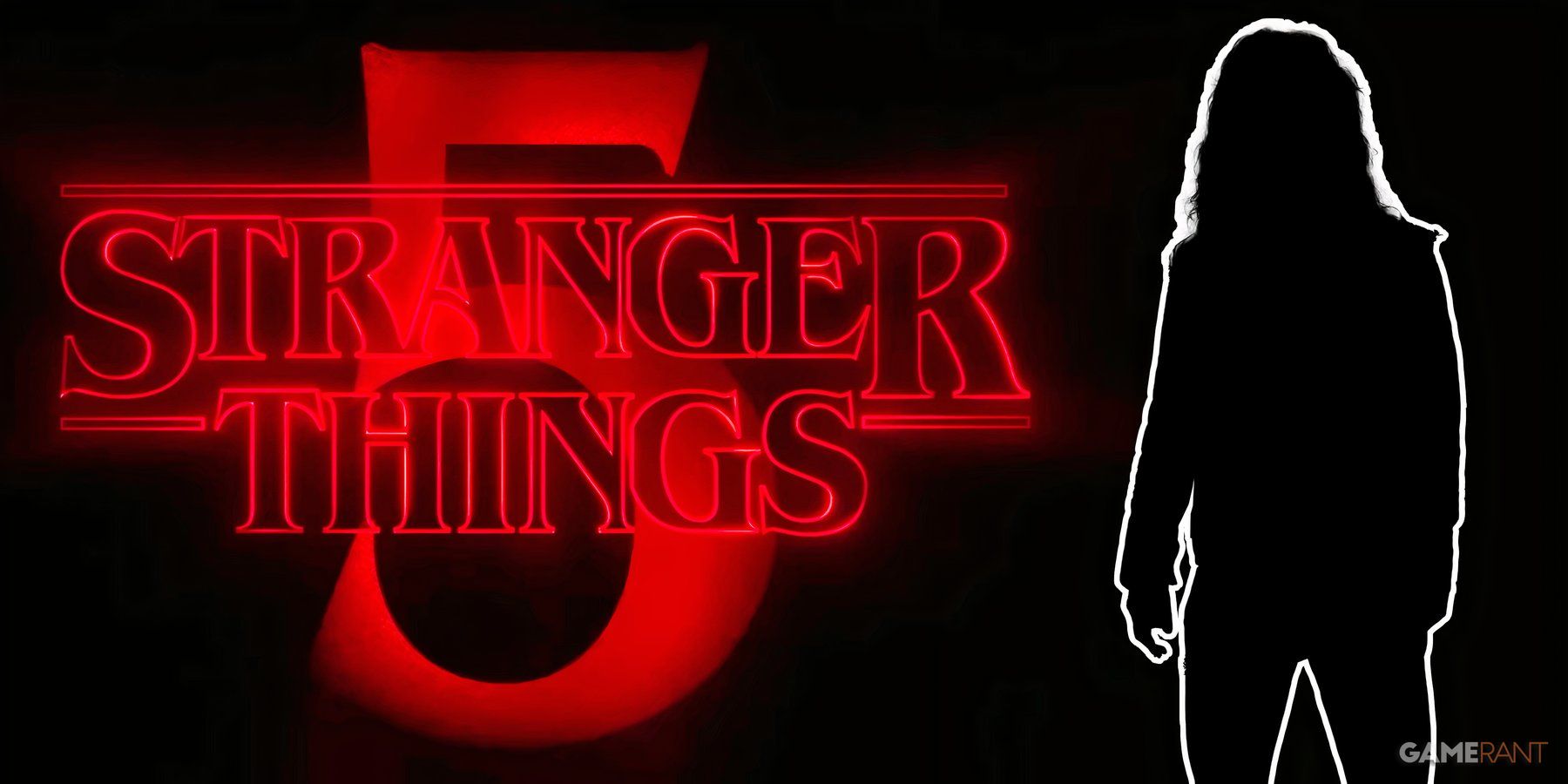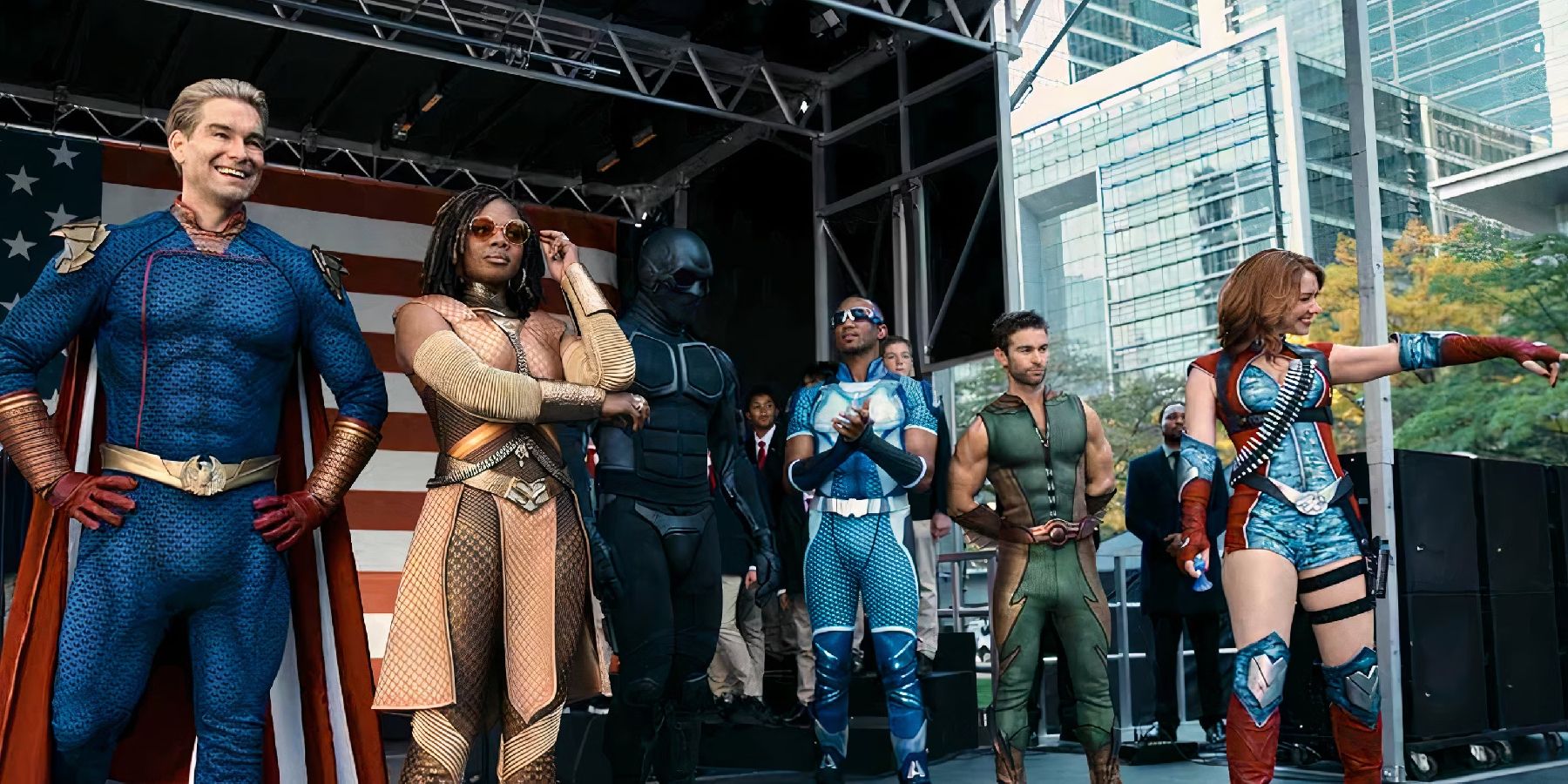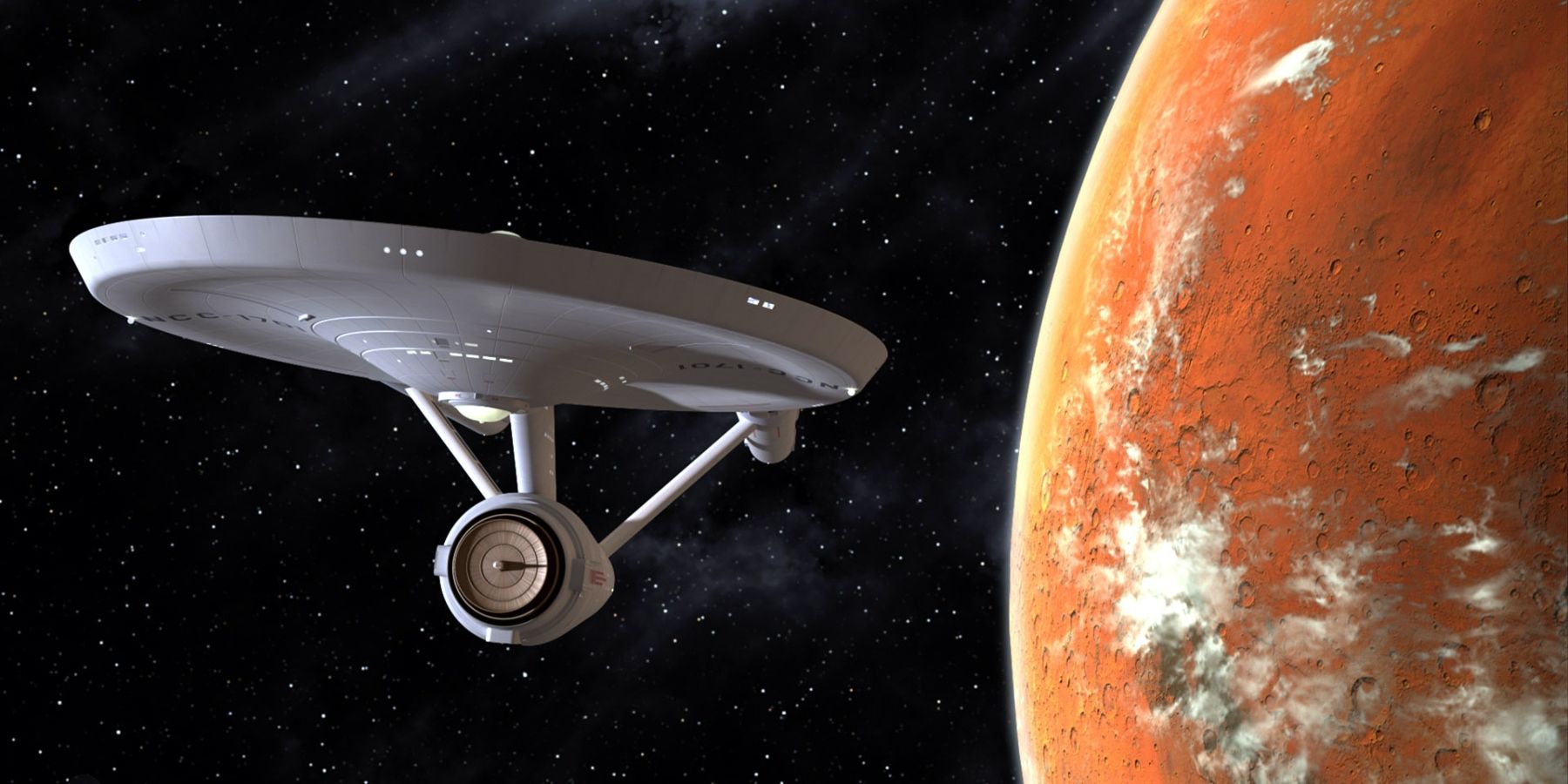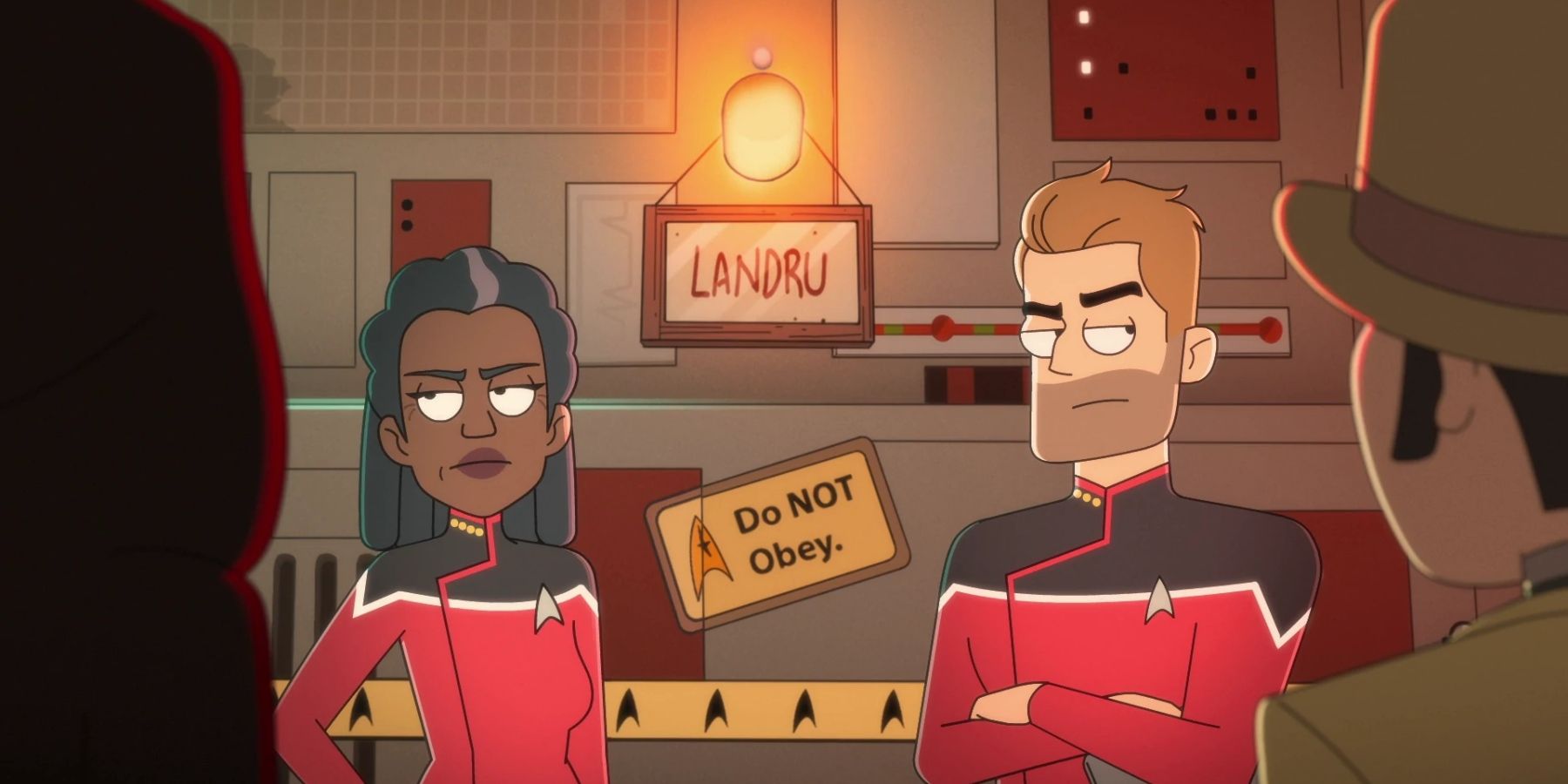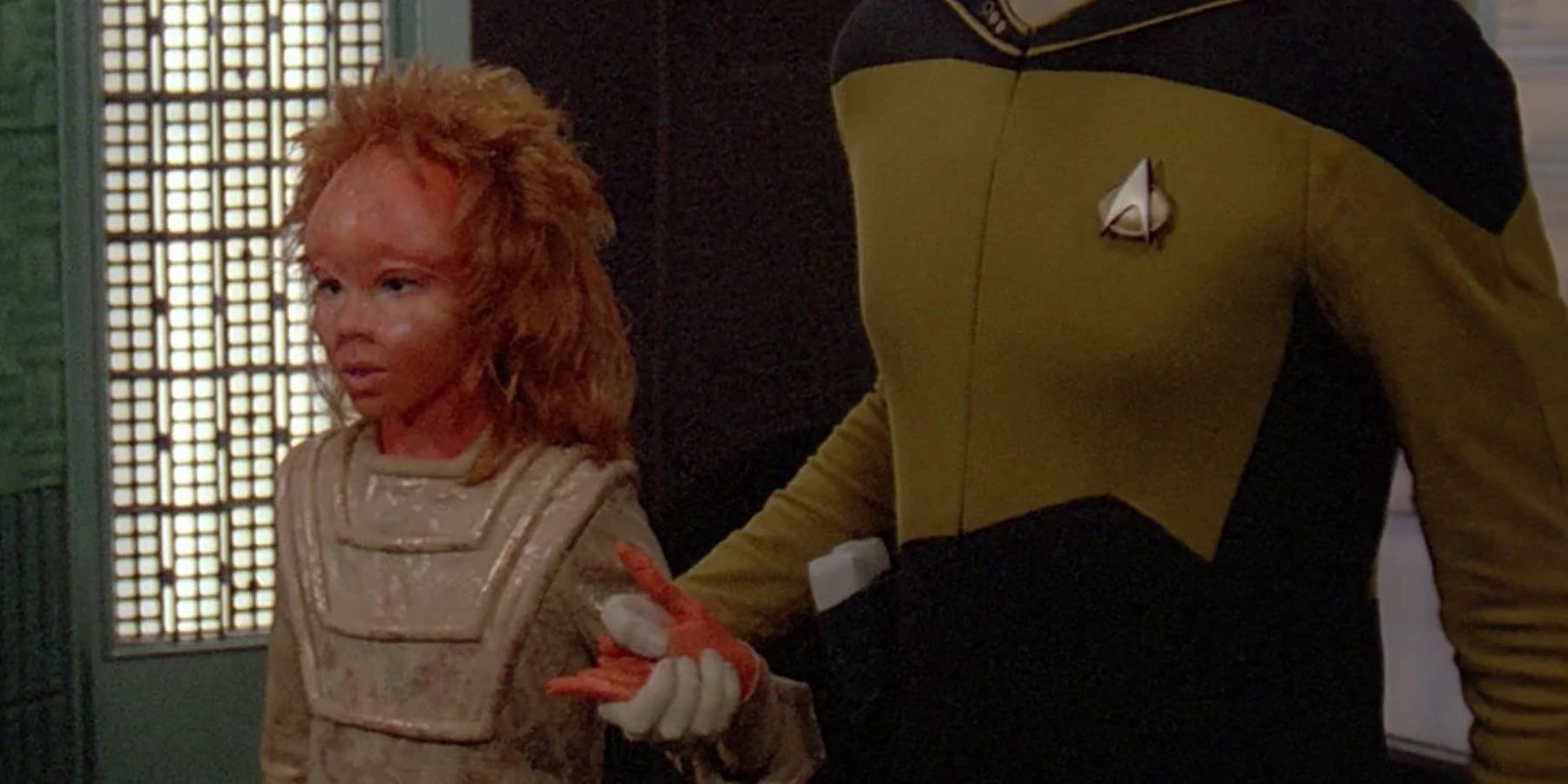The minds behind the now-gigantic Star Trek universe have created vast amounts of content for audiences to consume. Some of this includes the usual stuff like engaging storylines and a plethora of interesting, yet normally humanoid, alien races. However, they have also created in depth futuristic science and engineering theories based on then-current ideas of how technology developed. Often life imitated art (for example, with touch screens and virtual reality), but they also proposed a very factual set of rules and regulations for how politics would work on future earth, and consequently, the Federation. At the forefront of this is the Prime Directive, not only a very aptly name set of guidelines for all Starfleet and federation members, but also something that is brought up a lot throughout the franchise. But what exactly is it?
The Prime Directive is at the center of many episodes, and outlines a set of principles regarding first contact and noninterference with cultures who haven’t reached a certain level of technology — specifically, warp travel. This was the breakthrough that brought the logic obsessed Vulcans to earth in the first place. The exact wording of the directive is as follows: “No starship may interfere with the normal development of any alien life or society.”
Explaining The Directive
The “development” part is the most crucial, and is the best way of explaining the reasons behind these regulations. The Federation believes that every species in the galaxy has to develop in its own time, a natural progression through the ages without any exposure to the vastly advanced technology available to those within the federation, or in fact any exposure to any other form of sentient life outside their own. Breaking these fundamental rules of the federation carries a heavy price, not only for the Federation officer who would undoubtedly face a harsh court-martial, but for the tampered species themselves.
Following these regulations on paper is easy: never go down onto a primitive planet and hand out holodecks, for example. In reality, it’s not so simple, often resulting in the Federation being forced to not interfere with a culture on the brink of destruction via natural causes. They could swoop in a stop an asteroid from wiping the planet out, or give aliens replicators to solve world hunger, but each of these would break the Prime Directive. The implicit result here is that the Federation must sometimes stand by while civilizations are destroyed.
The Prime Directive's Two Sides
While being a consistent theme throughout the franchise, the concept of the Prime Directive and its problems were first introduced right at the beginning of Star Trek, in the Original Series. In the episode “Return of the Archons,” a primitive culture is under the rule of an advanced computer called Landru, who has brainwashed them into serving and worshiping it as a god. (Everything is western-themed as well, because why not.)
While the Prime Directive stops the crew of the Enterprise from directly interfering and helping these people, it also ironically shows the terrible implications of introducing an advanced piece of technology into a civilization that is not ready for it. The culture is unable to comprehend the implications or logic behind a computer that is so incredibly out of their understanding. The great captain Kirk argues that the crew should interfere, as it stands this advanced computer is stilling the society's natural developments, much like they would if they broke the Prime Directive. Interestingly, the series Lower Decks revisist this planet, and shows, comically, that the people have returned to worshiping Landru, succumbing once again to his wiley computer ways and reiterating how they really are not ready.
The episode “Pen Pal” from The Next Generation also does a masterful job of presenting the two sides to the Prime Directive. Picard explains how the majority of their starships are backed with enough technology they could easily destroy a planet if they desired, and for this to fall into the hands of primitive or warlike beings could result in not only their total destruction, but in their obtaining the power to become God among their own people.
Playing god is a theme comes into these discussions often. When it comes to the process of, say, stopping a volcano erupting and killing thousands of innocent people, there is the possibility of inadvertently giving the impression that a God did this, and thus an entire religion is influenced into being, setting these a civilization on a path they would never have traveled it not for the interference of the Federation. The same applies for the majority of natural disasters, even if it is done from the shadows. A famine could lead to providing food, which could lead to beings questioning where the food came from, and coming to the conclusion that it was an act of God. Even if they keep their technology a secret, Starfleet understands that any interference could have unintended consequences.
The Importance Of The Directive In Starfleet's Mission
Star Trek often highlights that the Prime Directive is necessary, but not always pretty. For one thing, it takes the responsibility of making God-like decisions away Federation officials. Nobody should have such power over who lives and dies. There are a number of parallels with real-world colonialism to be found here, and the dangers of it, reflecting largely on the mistakes made by humans in the past. Introducing new technology has had mixed results in the real world, and has sometimes led to cultures being wiped out by those who believed they knew better.
Returning to the “Pen Pal” episodes, however, audiences also get to see the argument from the other side. The episode centers around Data and his pen pal from a primitive planet that is on the brink of destruction from natural causes. Picard is won over by the cries of the little girl, and breaks the rules, but attempts to remain undetectable as he does so, using only a few phaser beams to avert the disaster. While everything worked out in the end, it was easy to see the strain put on the Captain. He was burdened with the weight of knowing that if something went wrong this culture might be influenced beyond repair. Imagine going back 50 years later to find a statue of Jean Luc worshiped as the deity who saved a planet.
The Prime Directive is a wonderful example of the complexity and depth that Star Trek is all about. It highlights the moral gray areas of following political decisions, and shows both sides of the coin in such a way that there is no clear answer as whether it is a good regulation or not. Overall, the Prime Directive is necessary, but needs to allow for situational deviations now and again in order to prioritize kindness and compassion — which are the real founding fathers of the Federation.


